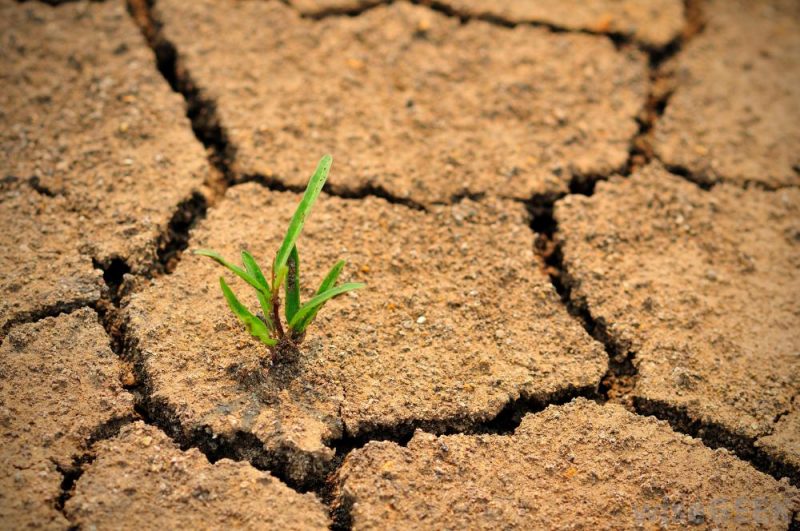Restoring degraded land brings economic resilience, creates jobs, raises incomes and increases food security. It helps biodiversity to recover. It locks away the atmospheric carbon warming the earth, slowing climate change. It can also lessen the impacts of climate change and underpin a green recovery from the COVID-19 pandemic.
That is why the United Nations has designated a special day for the observance of the rise in desertification. The World Day to Combat Desertification and Drought is observed every year to promote public awareness of international efforts to combat desertification. The day is a unique moment to remind everyone that land degradation neutrality is achievable through problem-solving, strong community involvement and co-operation at all levels.
The matter requires even more attention now with the advent of COVID-19. When the land degrades and stops being productive, natural spaces deteriorate and transform. Thus, greenhouse gas emissions increase and biodiversity decreases. It also means there are fewer wild spaces to buffer zoonoses, such as COVID-19, and protect humans from extreme weather events, such as droughts, floods, and sand and dust storms.
Land degradation is negatively impacting the well-being of at least 3.2 billion people. Land use change is the primary transmission pathway for emerging infectious diseases of humans, over 60 per cent of which are zoonotic.
Desertification has become acute in Nigeria. And many experts blame the steady north/south migration of humans and livestock on the relentless encroachment of desertification on northern Nigeria.
Nigeria is faced with rapid desert encroachment affecting fifteen northernmost states from moderate to severe rate. Out of the 909,890 km2 of the country’s land area, about 580,841 km2, accounting for 63.83 per cent of total land, is impinged on by desertification.
Drought and desertification are twin global environmental problems.
Climatic variability and anthropogenic activities such as deforestation, extensive cultivation, overgrazing, cultivation of marginal land, bush burning, fuel wood extraction, faulty irrigation system and urbanisation are major causes of desertification. Drought and desertification impact directly and indirectly on all aspects of human life and the environment including the ecological, health, geo-chemical, hydrological and socio-economic facets.
Despite several efforts by the federal government to end desertification, the problem still persists due to the gap between the formation of policy and strategies of combating drought and desertification. Drought and desertification can be remedied through integrated approaches such as awareness programmes, protection of marginal lands, tree planting, sustainable agricultural practices and use of alternative energy sources.
On a wider scale, nearly three quarters of the earth’s ice-free land has been altered by humans to meet an ever-growing demand for food, raw materials, highways and homes. Avoiding, slowing and reversing the loss of productive land and natural ecosystems now is both urgent and important for a swift recovery from the pandemic and for guaranteeing the long-term survival of people and the planet.
Current commitments from over 100 countries specify the restoration of almost 1 billion hectares of land over the next decade, an area almost the size of China. If the world restores this land, we can deliver massive benefits for people and the planet.
Nationally, while the onus rests with government at the three levels to inform and guide the populace on the dangers being posed by desertification on Nigeria’s well-being, the fight against desertification rests with all Nigerians.





